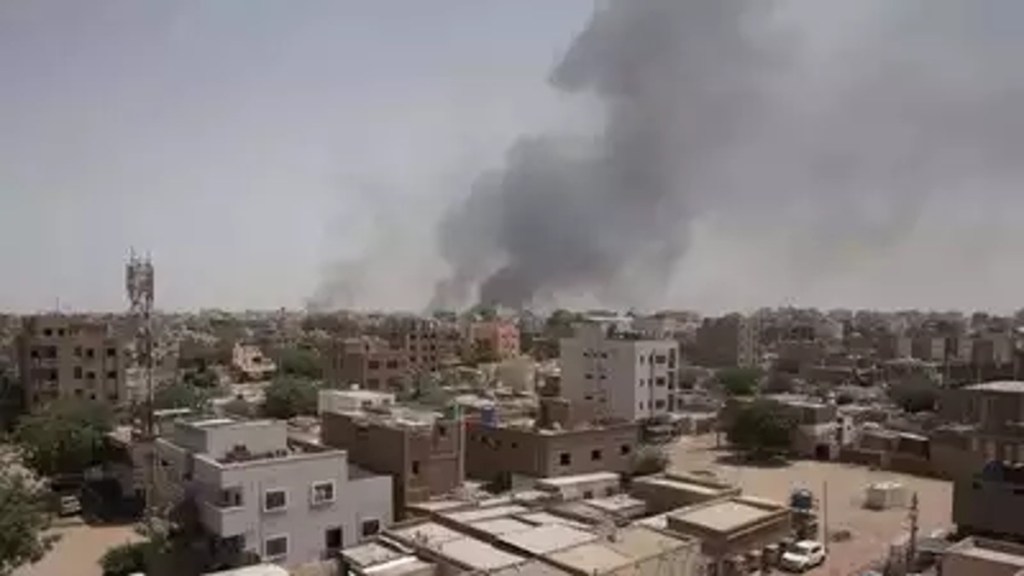Thousands of civilians in Sudan’s Al Fasher region are caught in the crossfire of intense fighting, with no safe escape route. The only functioning hospital in the area, Al Saudi, has suffered multiple attacks and is quickly depleting its medical supplies, exacerbating the dire situation.
Despite repeated attempts by the International Committee of the Red Cross (ICRC) to deliver aid, the ongoing conflict has blocked humanitarian relief efforts. The ICRC has urged the warring factions to respect international humanitarian law and allow essential aid to reach those in need.
The conflict has severely disrupted supply routes around Al Fasher, leaving humanitarian and commercial trucks unable to deliver crucial goods like food and medical supplies. This has led to critical food shortages, particularly for the displaced people in areas like the Zam Zam camp, where hunger is becoming a significant issue.
In response to the worsening crisis, the ICRC called for the immediate opening of more supply routes. This would facilitate the safe and unimpeded delivery of humanitarian aid and commercial goods to conflict-affected areas such as Al Fasher, Al Obeid, Sennar, and Al Jaziera.
There is a glimmer of hope with the Sudanese authorities’ decision to reopen the Adré crossing between Chad and Sudan for three months. This move is intended to improve the flow of humanitarian aid into the Darfur region. However, according to an official statement the ICRC cautions that the rainy season, coinciding with this period, could complicate access due to heavy rains and flash floods.
The ICRC has highlighted the need for the authorities to streamline the process for cross-border operations and reduce bureaucratic hurdles to maximize this opportunity. Moreover, they urge all parties to consider long-term solutions to ensure sustainable and safe humanitarian access, meeting their obligations under international humanitarian law to protect civilians.

